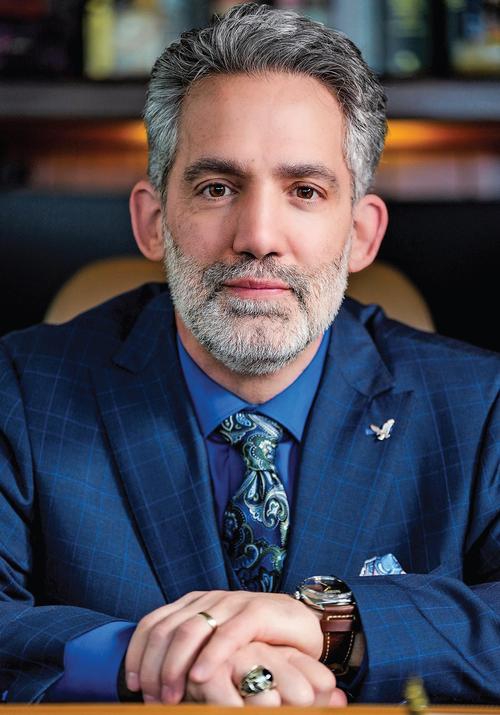Do You Have a Nursing Home Negligence Case?
If your loved one got hurt or died after wandering off from a nursing home, you might have a case against the nursing home if you can prove the following elements of negligence.
The Nursing Home Breached Its Duty of Care
The nursing home owed your loved one a duty of care. You must prove that the nursing home failed to provide reasonable care and supervision to prevent wandering.
Causation
You need to establish a direct link between the nursing home's negligence and your loved one's elopement and subsequent death.
Damages
It's crucial to show that your family suffered damages because of your loved one's death. Damages may include but are not limited to medical bills your loved one incurred because of the elopement, but before death, funeral costs, and emotional suffering.
The Importance of Nursing Home Wandering Negligence Cases
Pursuing a legal case against a nursing home for the wrongful death of a loved one who wandered off is essential for several reasons.
First, a nursing home wandering wrongful death case can hold the nursing home accountable for negligence or elder abuse.
Additionally, a nursing home wandering lawsuit can provide closure and justice for your family. Closure and justice include financial compensation for your loved one's death.
Finally, your nursing home wandering case can prevent future elopements and ensure that other residents receive the care they deserve. Legal action can incentivize nursing homes to improve safety measures and staff training to prevent elopement.
How a Nursing Home Negligence Lawyer Can Help Your Family
Navigating a legal case against a nursing home can be complex and emotionally challenging. A Rhode Island nursing home abuse lawyer can provide invaluable assistance by (1) conducting a thorough case evaluation to determine whether pursuing legal action is warranted; (2) gathering evidence to build a solid case; and (3) using legal knowledge and experience to interpret relevant laws and regulations to present your case effectively to insurance providers and in court.
Your family has suffered significant worry and anguish because of your loved one's elopement injury or death. An experienced Rhode Island nursing home abuse lawyer can guide you through the legal process, helping you seek the compensation and closure you deserve during this difficult time.

 Your family made the difficult decision to move your loved one to a nursing home so that your loved one could be safe. At a minimum, you expected nursing home staff to know where your loved one was at all times. Unfortunately,
Your family made the difficult decision to move your loved one to a nursing home so that your loved one could be safe. At a minimum, you expected nursing home staff to know where your loved one was at all times. Unfortunately, 